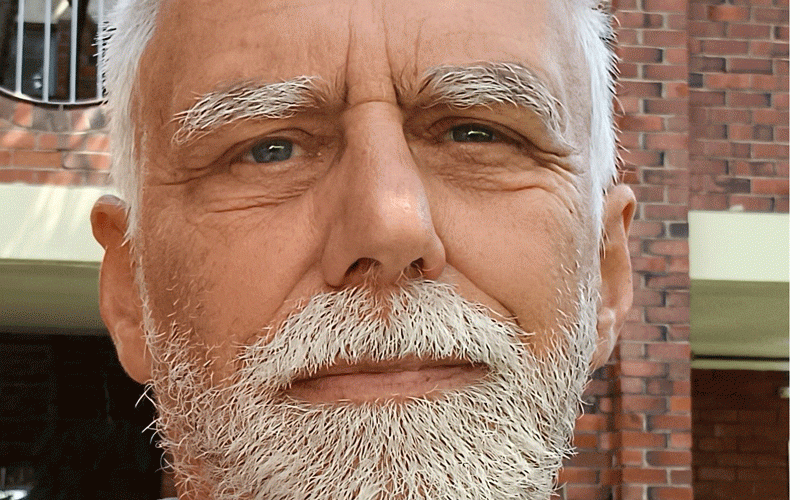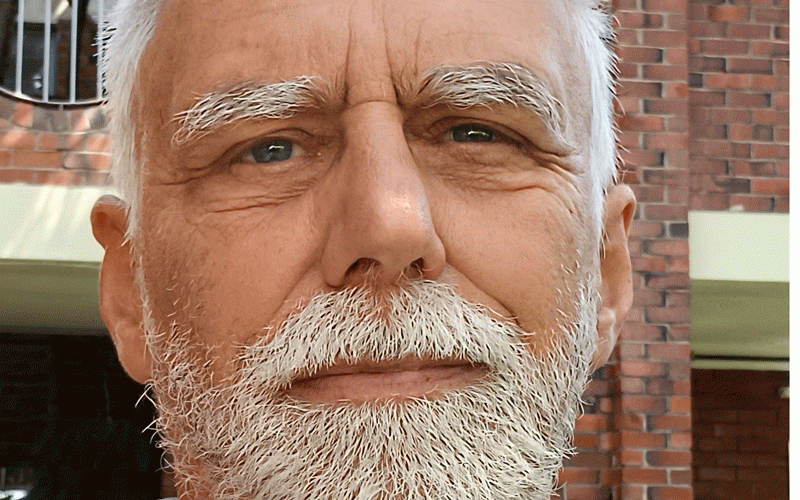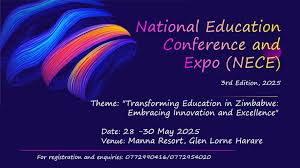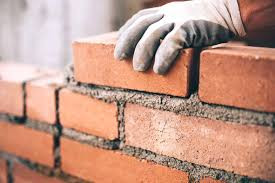
By Tim Middleton “You’re not familiar with the system” — that was the reason given to one applicant who had come from another country and who had been rejected for numerous teaching positions.
In truth, the response was a very poor excuse for a rejection. The applicant had in fact been trained in that very system prior to going overseas; he had even taught in that system for four years before going overseas for further teaching opportunities and experiences, so was very familiar with the system. Furthermore, this teacher had gone on to teach in two other educational systems with much success, even though he had not been familiar with their systems when starting there, so he could clearly show that the lack of familiarity would not be a cause for inability. Indeed, might not this system benefit from someone coming in who has experienced other educational systems?
If the response however was genuine, then it raises a salutary point: is that all people want in a teacher, someone who is familiar with the system? Is it beyond the realms of possibility and integrity that the key question would surely be whether the candidate can actually teach? We might be the world’s greatest expert on systems but be useless at making it come alive.
Perhaps making a statement about the system reveals the very nature of the system. The system self-perpetuates the system; the system glorifies the system. The system can only see the system.
What then is the education system all about? The system with which we must all be familiar is made up of syllabi and curricula, reports and rules, exams and homework, schemes and records, policies and punishment, hierarchies and timetables. The education systems we still find are concerned about measuring performances, demonstrating achievement, setting rules that are all predominantly negative and restrictive, penalising those that do not conform to the system, producing hundreds of policies that serve only to restrain. Oh, how we love systems!
Prince EA, in his well-known video ‘I Sued the School System’, used Einstein’s (alleged) argument that the system fails children as it requires every child to follow the same path, the same system: “Everybody is a genius. But if you judge a fish by its ability to climb a tree, it will live its whole life believing that it is stupid.” The system seeks to fit every child into the same box, the same product, the same assessment. Children are judged by whether they can remember certain facts and answer specific questions in a certain period of time. It is aimed at measuring intelligence, but only academic intelligence, not emotional intelligence, which ironically enough, is what the world actually wants.
The system is nothing more than the skeleton, whether the bones are attached or separated from each other does not actually matter or differ. A skeleton on its own has no life. In a popular Old Testament picture of the Valley of Dry Bones, the writer is told “Our bones are dried up and our hope is gone: we are cut off.” Such may well be a suitable description of the worldwide system of educating young people — a dried-up system that provides no hope. All we are offering are bones — and bones on their own are really only fit for dogs to chew on.
Have we ever stopped to consider if perhaps the system is wrong or faulty? The system of insisting on and persisting with the system may well be stifling and stigmatising; it can be measurable but it also needs to be adaptable. We must breathe life into the system, now.
- Chamisa under fire over US$120K donation
- Mavhunga puts DeMbare into Chibuku quarterfinals
- Pension funds bet on Cabora Bassa oilfields
- Councils defy govt fire tender directive
Keep Reading
Einstein is also allegedly (but now disputed) the one who said that “the definition of insanity is doing the same thing over and over again and expecting different results.” We might well deduce that educational systems have been going on doing the same thing again and again but expecting things to improve. Curriculum and syllabi may change but the systems, the structures, do not, so we do not end up with any real improvement — not in the things that really matter.
Let us not look merely at systems in education. If we do, then we are the ones who are not familiar with education or teaching. We must have no more excuses. The system is nothing. The system on its own is dead. We need to put flesh and blood and vital organs into it for it to bring hope and life to our children. Can these bones live? It looks like we will need another miracle for that to happen.
- Tim Middleton is the executive director of the Association of Trust Schools [ATS]. The views expressed in this article, however, are solely those of the author in his private capacity and do not necessarily represent the views of the ATS.
- email: ceo@atschisz.co.zw
- website: www.atschisz










